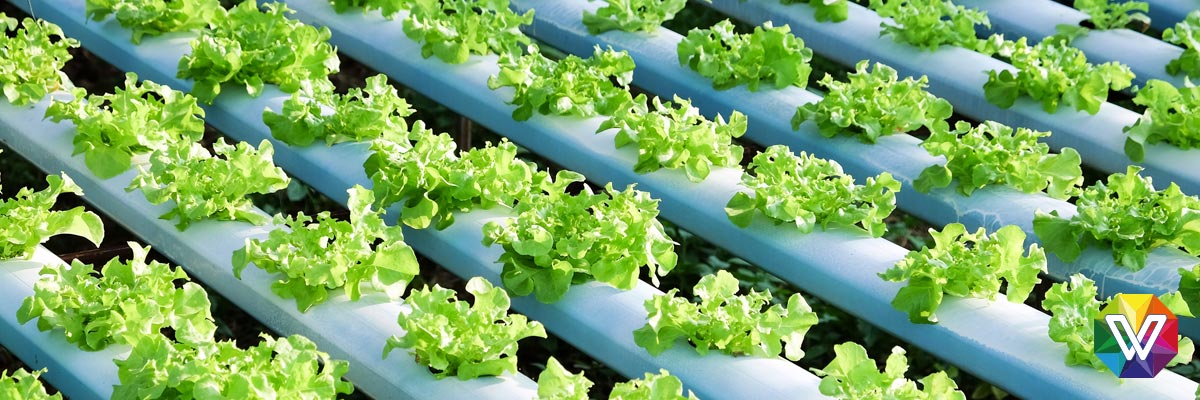Introduction
The Diploma in Sustainable Agriculture develops your knowledge and ability to practise sustainable and responsible farming.
This Diploma program is part of the pathway to achieving a Bachelor of Science in Agriculture, specialising in Sustainable Agriculture.
A total of 120 ECTS credits must be completed.

Key Info
Duration:
6 months*
Credits:
60 ECTS credits
Fees:
€50* per ECTS credit
Start:
Anytime
Prerequisites:
1. High school certificate; or
2. A relevant industry apprenticeship qualification; or
3. Over 21 with proven and relevant experience.

This can be achieved by completing the Certificate in Sustainable Agriculture (60 ECTS) and doing the following 6 modules:
Compulsory Modules (10 ECTS credits each)
BAG305 Organic Farming
Demand for organic produce has boomed over recent years and supermarkets now devote significant shelf space to organic produce, and organic certification schemes have emerged and flourished. Is this just a trend or is something more serious? This module teaches students to farm animals or crops using organic, biodynamic, eco-farming techniques.
BEn302 Water Management and Conservation
This module looks at how to conserve this precious resource in various situations from the home environment to industry. Topics include water conservation at home, in the workplace, water management, conservation in primary production, health, recycling and more.
BAG101 Animal Anatomy and Physiology
The basics of animal anatomy and physiology will help you manage and care for your animals, thus reducing overall costs. This module helps students to understand how to diagnose disease, determine if an animal has sustained an injury, understand the physical capabilities or limitations of particular species, and understand what happens in the nutrition and growth processes.
BAG309 Agronomy II
This module examines cereals, pulses (e.g. beans), and pseudo grains (e.g. quinoa). Learn about a wide variety of different grains. Make better choices about what species and cultivars to grow. Grow better crops using better techniques for better harvests. Prerequisite: Agronomy I
Research Project II
Learn to plan and conduct research into the current status of an aspect of an industry relating to their area of study, and to complete a descriptive report based on that research.
Elective Modules (10 ECTS credits each)
Select one module from the list below:
VSS106 Permaculture with Animals
Learn about selecting, managing and incorporating different animals into a permaculture system by studying animal husbandry, breed selection and principles of ecology related to permaculture. Prerequisites: Permaculture Systems, Animal Anatomy and Physiology I
BHT205 Trees for Rehabilitation
This module develops an understanding of environmental systems and the rehabilitation of degraded landscapes. You learn about seed collection, storage and germination, propagation, plant selection, establishment techniques, controlling pest & disease after planting. It will give you the skills required to maintain healthy rehabilitation systems.
BAG209 Pig Production
Develop the skills to successfully manage pigs/swine: for commercial production, self sufficiency, or as a hobby. This module provides a substantial foundation in pig husbandry, biology and production; with an emphasis on learning all the requirements to manage the practical daily needs of pigs.
The program is conducted entirely online. You can begin ANYTIME. Upon enrolment, you will receive an email with an access code for our online learning system within 48 hours. You may be required to do an orientation course in academic writing (non-examinable) beforehand.
Modules are split into readings, set task activities, and assignments. At the end of each module, you will be required to sit for an examination and/or submit a project.
You will get unlimited email support throughout the program, on every module/course. Feedback is provided for every assignment that is sent in. In some instances, telephone support can also be arranged.
When you achieve this qualification, you can begin on your Advance Diploma.
*Fees:
Fees refer to tuition only. It does not include ancillary expenses such as required materials (see above), textbooks, internet connections, postage, telephone calls, insurance and printing. More…
^Duration:
Time varies depending upon exemptions, performance and the workload. Accreditation for Prior Learning or Experience (APEL) can reduce time and fees. Part of a degree pathway.


